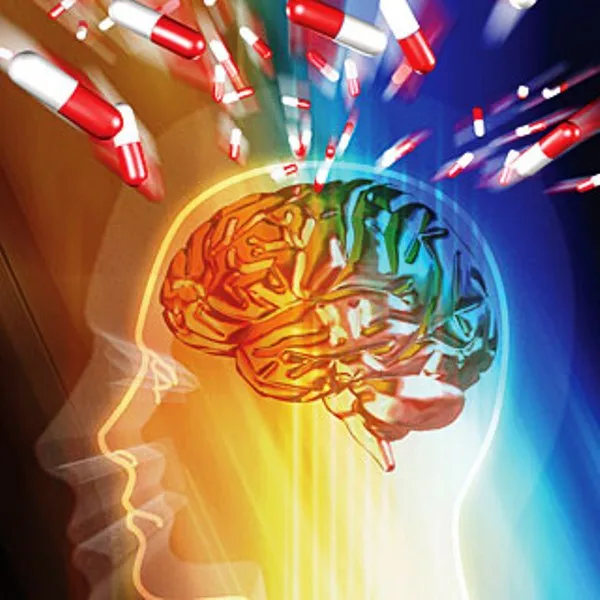Psychiatrists know that patients who take antipsychotic medications tend to gain weight.Now, a new investigation carried out at the University of Washington Faculty in St. Louis, United States, shows that children and adolescents treated with antipsychotics for only 12 weeks experience significant profits in body fat and also becomes lessinsulin sensitive.
The findings, of researchers at the University of Washington and the Atlantic University of Florida, are published on Wednesday in the magazine 'Jama Psychiatry'.Although they were originally developed and approved to treat conditions such as pediatric starting schizophrenia, antipsychotic drugs are prescribed to treat attention deficit disorder with hyperactivity (ADHD) in many young people who do not respond to stimulating medications, such as 'ritalin'.
"Antipsychotic medications can be useful for many as a treatment for behavioral disorders-explains the first author of the study, Ginger E. Nicol, associate professor of child psychiatry at the University of Washington, United States-but we know that theseMedications also have side effects that involve fat gain and insulin resistance, important precursors of diabetes and cardiovascular diseases.
The researchers studied 144 young people from the St. Louis area, between 6 and 18 years old, who were prescribed antipsychotic medications to treat disruptive behavior disorders.Children in the study were randomly chosen to receive one of three antipsychotics: aripiprazole, wave or risperidone.
Using scanners of X -ray absorciometry of dual energy (Dexa), scientists measured the total body fat of patients before antipsychotic drugs were prescribed;After six weeks of treatment;And at 12 weeks, when the study concluded.The young people also received magnetic resonances at the beginning of the study and 12 weeks later, measuring subcutaneous and visceral fat in the abdomen, known risk factors for diabetes, high blood pressure and cardiovascular disease.Children's sensitivity to insulin was also measured at the beginning and end of the 12 -week analysis period.
Increase in overweight in 12 weeks
"At the beginning of the study, about 30 percent of the young people in our sample were overweight or obesity, which is exactly the same rate we see in the general population, 'says John W. Newcomer, principal researcher of the study and science professorDoctors integrated in the Charles E. Schmidt Faculty of Medicine of the Florida Atlantic University.Of every three children who fulfilled the criteria to be overweight or obesity, one in two. "
A particular medication, olanzapine, produced the greatest increases in body fat, but fat also increased significantly in children who took the other two medications.The dexa scanners showed that approximately half of the weight gain was water, and half was new fat.
"We knew that these medications were causing weight gain, but we did not know how much of that gain was fat-says Newcomer, who is also an attached professor of psychiatry at the University of Washington-. We also knew that the children who took antipsychotics had agreater risk of diabetes. But so far, nobody had connected those points tothrough a path that implied an increase in body fat and a decrease in insulin sensitivity. "
Earnings in body fat and losses in insulin sensitivity were observed in young people will take stimulating medications or not.That despite the fact that many children with 'Ritalin' or other stimulants lose weight or grow more slowly than their classmates who do not take those medications."Some doctors expected that the treatment with stimulants could counteract the increase in weight and fat induced by antipsychotics," says Nicol-but in our study, stimulants do not seem to make any difference. "
Because antipsychotic medications offer psychiatric benefits in many children who are not psychotic, but have disruptive behavior disorders, Nicol is studying interventions aimed at helping to prevent some of body fat increases linked to antipsychotic treatment.


